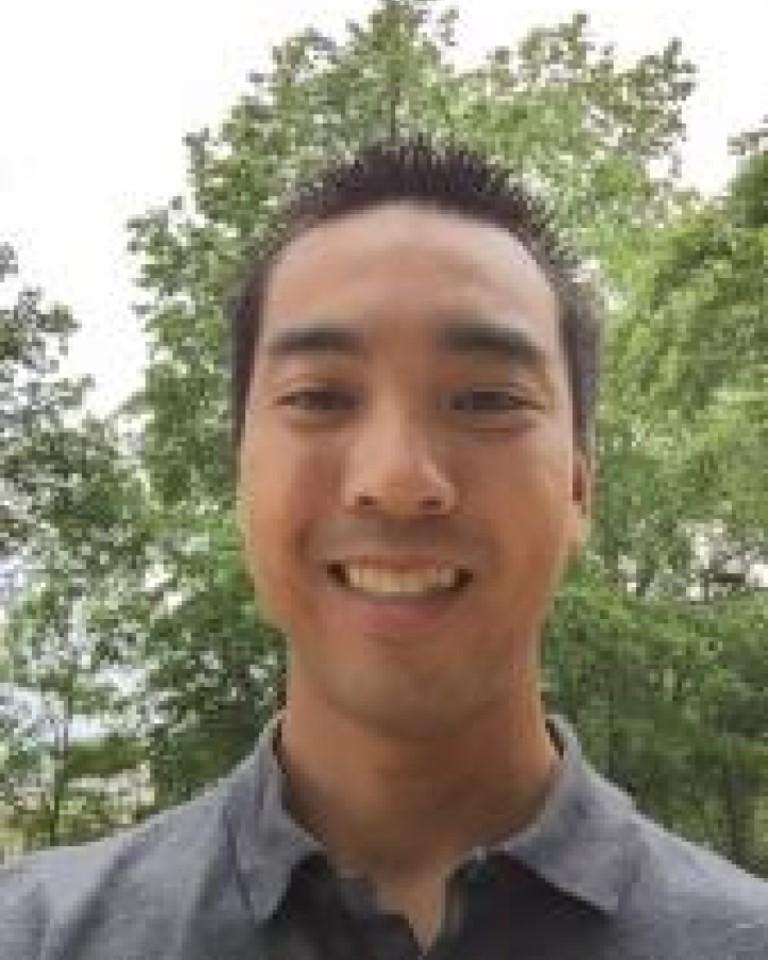Michael Namekata

Mentor Spotlight | Winter 2017
Department: Graduate student, Psychology
Describe your work in a few sentences that we can all understand: The umbrella of my current research is the application of lifestyle based changes for the treatment of depression. My current research is focused on the examination of high intensity interval training for the treatment of depression.
Q: How did you first get interested in doing research?
A: I remember sitting in one of my first undergraduate lectures, and as the professor began describing polymerase chain reactions, I overheard a kid near me inform his friend that he had a position performing exactly what was being described. Until that moment it had never occurred to me that I could contribute to research in a meaningful way. This led me to my first position in Dr. Bruno Chomel’s zoonotic disease lab where my interest and enjoyment from engaging in research snowballed.
Q: What do students in your discipline learn by doing research that they wouldn’t learn by just taking classes?
A: One aspect of research that isn’t often taught in classes are the methodologies used by researchers to test their hypotheses. Students are often exposed to the results of research, and the basic principles of how research is conducted. But there is often not enough time in class to detail the specific methodologies utilized in each subfield. For example, how is stress or negative mood induced in a laboratory setting? Data collection procedures are also usually glossed over in class. What does a test of “executive function” look like, and how is a go-no-go task related? What methods and specific instruments are available to screen for mental health disorders? Further, what are some of the criticisms of these methodologies and instruments?
Q: What do you find to be the most exciting part of doing research or creative work? What makes this line of work meaningful and interesting to you?
A: I am in a very fortunate position that my program both allows me to perform research, and the opportunity to apply those findings to individuals in a therapeutic setting. It is a very humbling and amazing position to be able to spend my time learning about, and researching lifestyle based changes for the treatment of depression. Then have the opportunity to utilize this knowledge to inform the therapy I deliver. At the same time, I am able to take the barriers shared with me by my clients and research ways to overcome these obstacles.
Q: What advice do you have for undergraduates interested in doing research in your field?
A: Lab experiences are a great opportunity to not only determine if you find the process of research engaging, but also provide the opportunity to determine if you enjoy learning about the nuances of an area of research. Using my own experiences as an example, there is no course substitute to what is learned by spending 8+ hours a week immersed in research examining the effects of exercise on depression. But enjoyment from analyzing a subject so in depth is not for everyone, and the opportunity to determine this before making career decisions is an incredible opportunity.
Q: For many students, doing research or a larger creative project is the first time they have done work that routinely involves setbacks and the need to troubleshoot problems. Can you tell us about a time that your research didn’t go as expected? Or about any tricks or habits that you’ve developed to help you stay resilient in the face of obstacles?
A: Similar to nearly every domain in life, unexpected events are bound to occur. I’ve had experiences that ranged from the comically annoying - I once felt like Mickey Mouse as I was limited to using gloves 3 sizes too large - to the frustrating and unforeseen - I once missed a major submission deadline due to a series of unfortunate delays. Regardless of what transpired, I’ve always had strong social support to turn to. My family and puppy are always available to listen to me (the latter being a captive audience). I also have amazing friends here in Lawrence: Erik, Daniel, and Reilly. All these individuals not only provide encouragement, but also have expertise and varying perspectives that have helped me overcome adversity in life and research. So my advice would be to lean on your social support when you need it. Based on my research interests I’d be remiss if I didn’t also include exercise, mindfulness based practices, and for extremely difficult scenarios, therapeutic services.
Q: How do you spend your time outside of work?
A: I love lounging about. My primary sources of enjoyment outside of Fraser include: relaxing with friends, playing with my 6-year-old puppy, watching Netflix, and going to the gym.